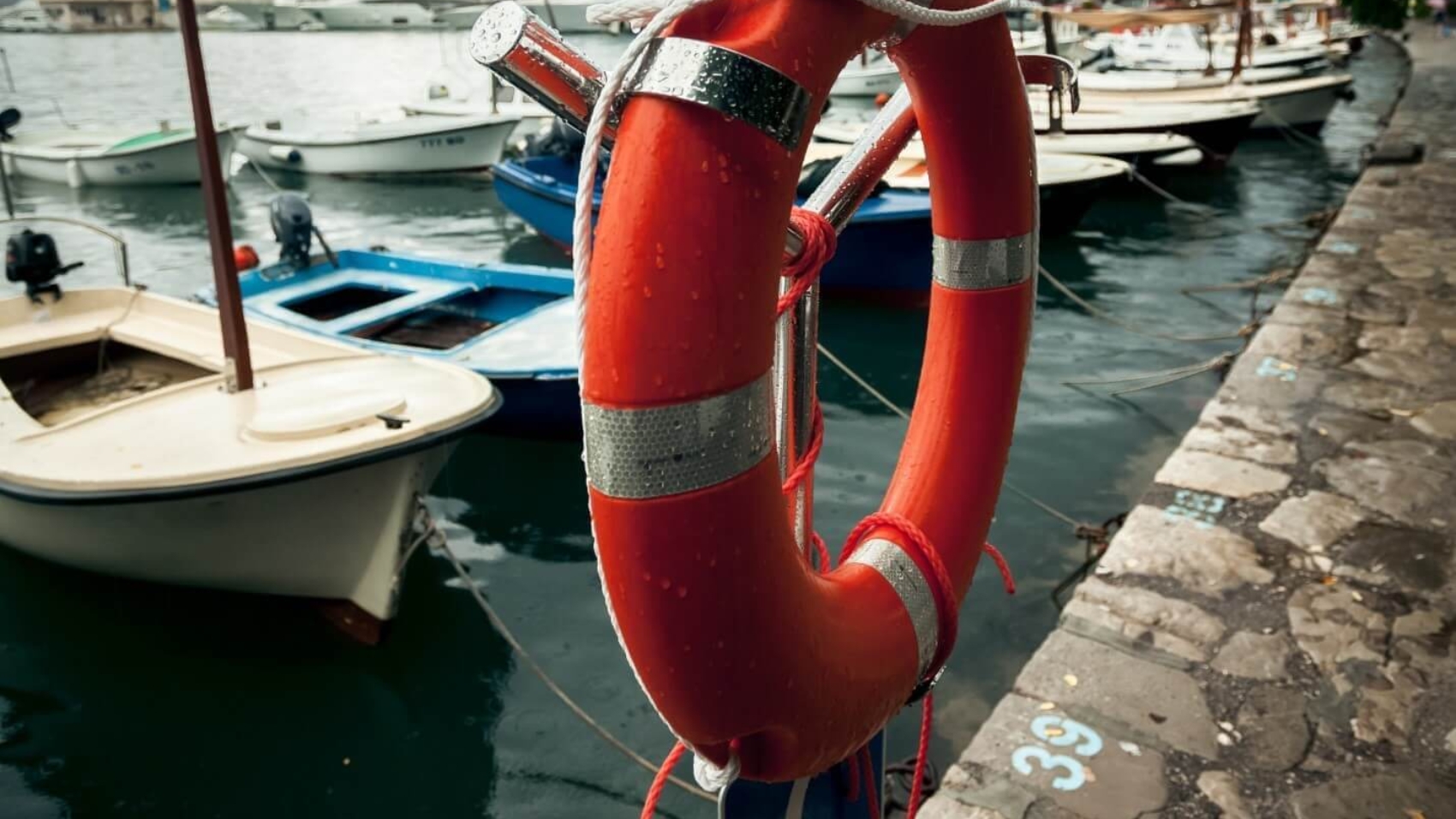Being a resident of the Sunshine State comes with its fair share of perks.
Floridians enjoy warm, balmy weather nearly year-round, as well as access to some of the world’s most renowned theme parks. We also boast some of the most beautiful coasts and diverse waterways in our state, making Florida a paradise for swimmers, sunbathers, and millions of boaters.
As the weather grows warmer and the days grow longer, many Floridians are taking their own yachts, kayaks, sailboats, and jet skis out to the water, or renting watercrafts from our state’s countless boating businesses. Whether you own a boat or plan on renting one, boating in Florida is unparalleled summer activity in terms of relaxation and recreation—that is, if undertaken with certain safety measures in mind.
Every year, there are an estimated 700 fatalities involving recreational boating accidents in our country, the vast majority of which occur during the summer. Oftentimes, these accidents can be avoided by taking simple safety precautions.
If you are a Florida resident or visitor planning on boating this summer season, here are some important tips for keeping you and your passengers safe.
Wear a lifejacket. The Coast Guard estimates that as many as 90 percent of drowning victims were not wearing a personal flotation device, while many of the remaining 10 percent were wearing ineffective models. Whether you go out on a yacht, kayak, or other type of watercraft, it is imperative that the operator and each and every passenger wears a properly fitting life jacket—regardless of how strong a swimmer you are.
There are many factors out on the open water that can make swimming more difficult than usual, including the temperature of the water and the strength of the current. In addition, if you are knocked unconscious by a boat, paddle, or other object, your swimming skills can’t help you.
Stay sober. Boating under the influence of alcohol and other drugs is both illegal and highly dangerous. Every year, drunk boating is directly responsible for more than 17 percent of all recreational boating fatalities. Although public opinion isn’t as harsh on boating under the influence as it is driving under the influence, drinking and boating is just as dangerous as drinking and driving—perhaps even more so. Boaters often experience a phenomenon known as “boater’s fatigue,” where the combination of noise, vibration, wind, and glare effects a boater in a similar way as alcohol and drugs. Boat operators and passengers who suffer from boater’s fatigue may become disorientated, dizzy, and sleepy—when combined with the effects of alcohol, these symptoms can lead to deadly accidents.
Mind the weather. You should always check the weather forecast before going boating, and reschedule trips if heavy winds, rain, or storms are predicted. If you are out on the water and notice gathering clouds, darkening skies, and distant signs of thunder and lightning, return to shore immediately. If this is not possible, go below, or crouch down in the middle of the boat for the duration of the storm.
Bring along appropriate gear. Particularly if you are boating out in the ocean, it’s very important to outfit your boat with appropriate gear and supplies, including sufficient fuel and life buoys. It’s also a good idea to bring a VHF marine radio. Your cellphone may not be very useful in the case of an emergency out on the water, where coverage is often spotty and electronics can get damaged.
Take a safety course. Whether you own a boat or rent one, you and your family can benefit greatly from a boater’s safety course. Such courses can familiarize you with your boat, build your operating and maneuvering skills, and prepare you to handle emergencies.
What to Do if You are in a Boating Accident
In the event of a boating accident, a solid plan of action could save the lives of you and your passengers. If you find yourself in the frightening position of being involved in a boating accident, follow these steps:
- Check to see if anyone onboard has been injured or needs medical attention.
- Call the Coast Guard and alert them of the accident, describing the incident and severity of damage with as much detail as possible.
- Check to see if the passengers of the other vessel need attention or assistance.
Once you are safely back on land, you should get the name, contact information, and insurance information of all boat operators involved in the crash. If possible, take pictures of the damage and any injuries you or your passengers have sustained. If you suffered bodily injuries or other damages as a result of a boating accident, you may be entitled to compensation for your losses. Contact a skilled boat accident attorney if Florida to begin taking the necessary steps towards justice and compensation for medical bills, lost wages, and other costs related to recovery.




